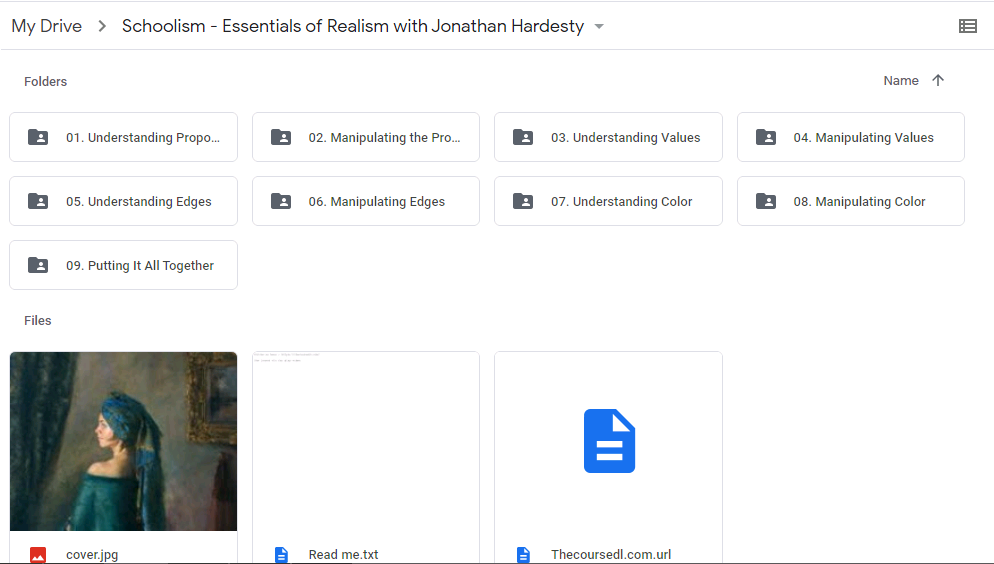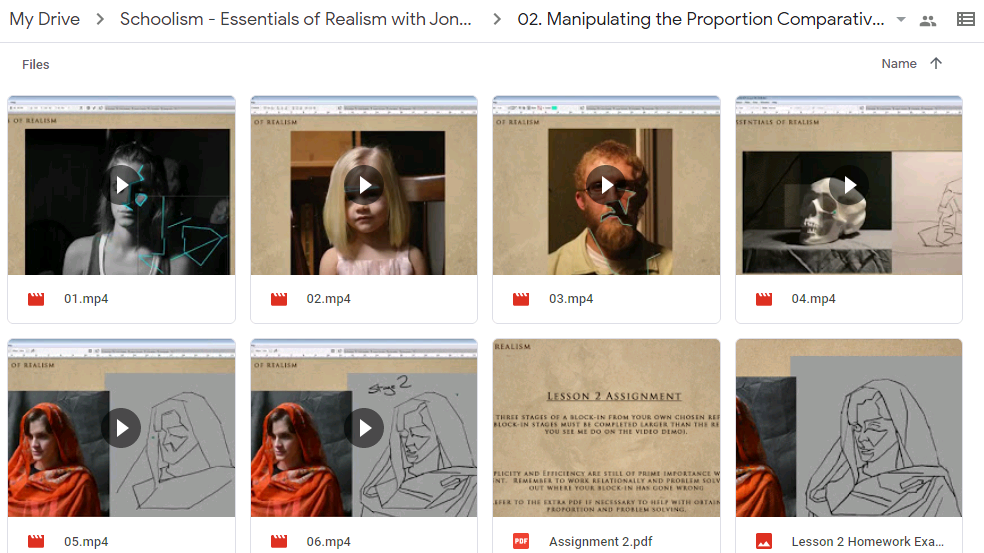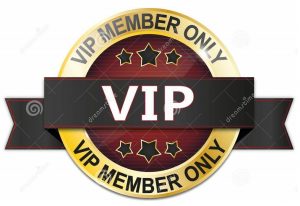
Schoolism – Essentials of Realism with Jonathan Hardesty
Original Price: $N/A
DOWNLOAD: FREE FOR MEMBERSHIP (CLICK HERE)
Author: Jonathan Hardesty
Sale Page :_N/A
Contact me for the proof and payment detail: email_Ebusinesstores@gmail.com Or Skype_Macbus87
PROOF COURSE:


This course is a detailed look at what an artist needs to achieve a realistic result in a work of art. Students will learn to study reality effectively and then manipulate and change that information in their own work. This course will cover:
Proportional Relationships (Getting everything in the right place)
Value Relationships (How dark or light should it be?)
Edge Relationships (How fuzzy or hard should it look?)
Color Relationships (How cool or warm should it be?)
Putting it all together (Applying all the fundamentals with a goal in mind)
Through use of various exercises, students will go beyond learning to accurately depict reality. They will learn to visually “make sense” of what they are seeing and translate that information to their own work. Creating realistic works of art, whether from imagination or life, requires an understanding of how to observe reality accurately and efficiently. Creating interesting works of art requires an understanding of how to manipulate what you see in reality. In this class
students will learn both.
Lesson 1 – Understanding Proportion
Understanding proportion is key to realism. For example, if an eye or a foot is in the wrong place then it will confuse the viewer and ruin the realistic effect. In this first lecture I will demonstrate:
-The proper mentality behind the block-in
-How to move from general to specific
-How to break things down based on the lights and darks
-How to deal with excessive detail
Lesson 2 – Manipulating the Proportion Comparatively
Creating an accurate drawing or painting is not dependent on measuring and transferring those measurements. In this second lecture I will demonstrate how to understand comparative proportional relationships by utilizing these visual tools:
-Negative Space
-Imaginary Plumb Lines
-Angles/angle extension
-“Creaturization” of shapes
-General Impression
-Separation of Light and Dark
Lesson 3 – Understanding Values
Values are, perhaps, the most important part of making a drawing or painting look realistic. Without light we would not be able to observe the physical world around us. In this lecture I will demonstrate how to break down the lights and darks into a five value system (2 values in the darks, 3 values in the lights). A five value system allows you to establish value relationships quickly and effectively.
Lesson 4 – Manipulating Values
As an artist, you are not required to only draw the values that you see. In fact, most of the time, that is not possible due to the limitations of your materials. If you understand the relationship of the values on the subject matter you can manipulate them to capture the most realistic result. In this lecture I will demonstrate how to compress and simplify your values to produce the most efficient result in your work.
Lesson 5 – Understanding Edges
If values are the most important part of conveying realism, then edges are a close second. The only reason our eyes can tell the difference between a cube and a sphere is because the of the edges. Edges communicate form and, in that regard, they are essential to realism. In this lecture I will discuss edge relationships and how to capture them accurately.
Lesson 6 – Manipulating Edges
Edges are essential to realism, but they can be manipulated to a high degree. The forms observed in reality can be softened and hardened at will in order to achieve specific effects. In this lecture I will show how to work with edges relationally based on their “hardness” or “softness”.
Lesson 7 – Understanding Color
Of the four key concepts (proportion, value, edge, color), color is certainly the most subjective. Color is also, by far, the least important in terms of achieving realism. The colors perceived by one individual may not be perceived the same way by others (especially in the case of color blindness). The best way to understand color is with a warm/cool relationship.
Lesson 8 – Manipulating Color
Color is highly subjective, but that also means it can be manipulated to a high degree. That subjectivity allows color to become a main tool of expression in a painting. As long as you maintain the overall color relationships, you can significantly change the colors you use without sacrificing any realistic effect. An artist can even completely change the color scheme, in some cases, without the viewer recognizing a difference. In this lecture I will show you how far you can go when manipulating the color relationships.
Lesson 9 – Putting It All Together
Art is primarily about communication. The artist seeks to communicate something effectively to the viewer through only visual means. The purpose of understanding these four key concepts is so that you can use them to effectively express yourself visually in a drawing or painting. Often the most interesting aspect of a work of art is what the artist decided to change or manipulate. In this lecture you will see clear examples of how proportion, value, edge, and color have been manipulated to achieve the artist’s goals.
| Level | Price | |
|---|---|---|
| MONTHLY PLAN |
$59.95 per Month. Membership expires after 30 Days. |
Select |
| 6 MONTH PLAN |
$129.95 every 6 Months. Membership expires after 180 Days. |
Select |
| LIFTIME MEMBERSHIP |
$199.95 every 12 Months. Membership expires after 365 Days. |
Select |


